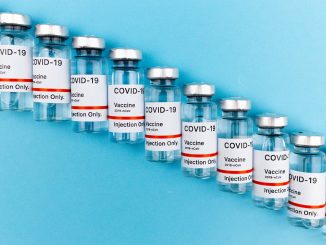
neugeboren
© Yvonne Bogdanski ()
Feeding frequency
Your baby will feed when he or she feels like feeding. It is essential to learn how to identify your baby’s cues for food and to respond to them appropriately. Your newborn baby will require food little and often.
Whether you are using expressed breast milk or formula milk, you should offer your baby a bottle every 3 hours. If your baby doesn’t wish to feed then do not force him or her. If your baby clearly desires food, let her feed for as long as is necessary.
Your baby will stop feeding when he or she is ready. Expect your newborn baby to desire larger feeds as he or she grows. You will also find that your baby requires less frequent feeds as they grow.
Babies aged between one week and six months
It is common to be concerned about whether or not your baby is receiving enough milk. During the first week of your baby’s life, your baby will require between 30 and 60 millilitres (ml) of milk at each feed. Once your baby has turned one month in age, your baby will require between 80 and 120 ml of milk at each feed. This means that your baby will consume between 400 and 800 ml of milk per day. Between the ages of two and six months, your baby will require 120 and 180 ml of milk per feed. This is the equivalent of between 700 and 1000 ml of milk per day.
Babies aged between six months and one year
Once your baby reaches the age of six months, he or she will require between 180 and 220 ml of milk per day. Your baby’s total daily milk intake is likely to reach around 1000 ml. Once you have established your baby on solids, he or she will require 500 ml of milk alongside a balanced diet of solids. If your baby doesn’t desire such large quantities of milk, it is advisable to substitute milk for milky foods such as yoghurt. Once your baby has turned one, you can wean him off formula milk or breast milk and instead provide full-fat cow’s milk.





Leave a Reply